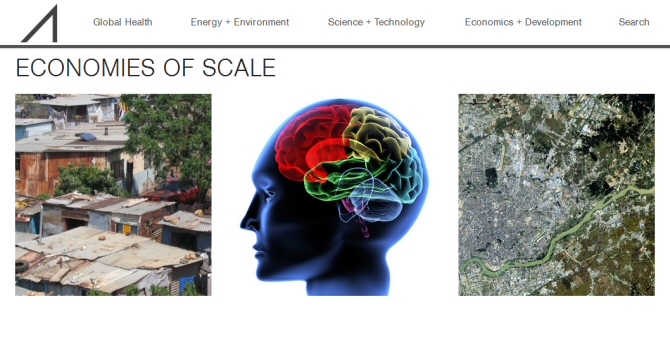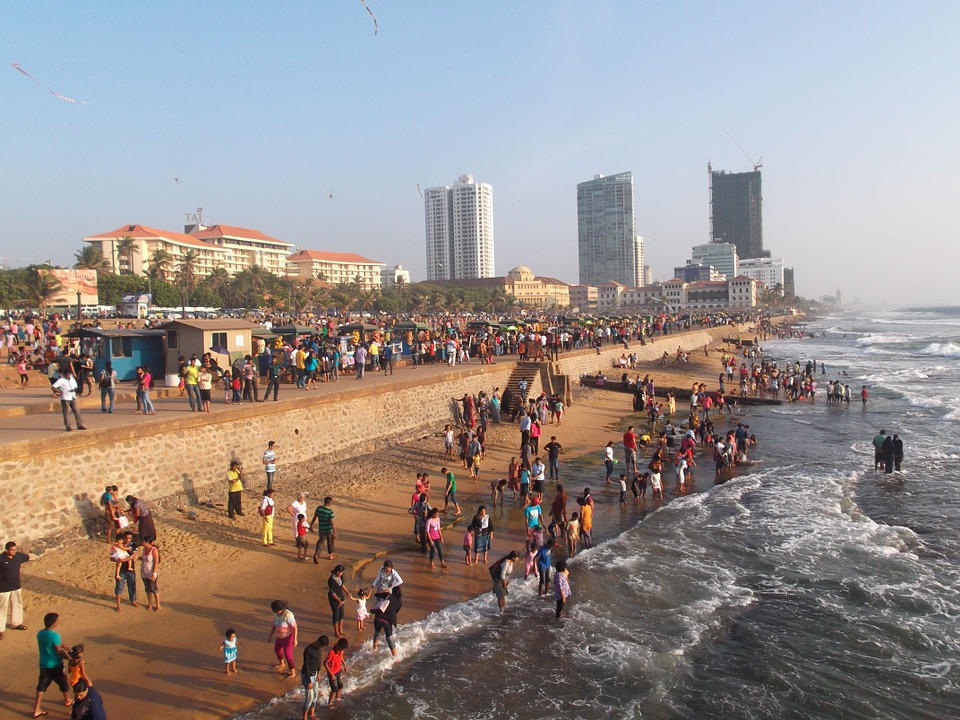On 7 September 2016 The Financial Times published a letter by Professor Robert Wade in response to the article, “May rejects radical shake-up of immigration rules for EU citizens” (September 5). Below is the full text of the letter.
 Sir, You report that “the G20 leaders were agreed on their most pressing priority: to find a way to sell the benefits of globalisation to an increasingly sceptical public” in your story, “May rejects radical shake-up of immigration rules for EU citizens” (September 5).
Sir, You report that “the G20 leaders were agreed on their most pressing priority: to find a way to sell the benefits of globalisation to an increasingly sceptical public” in your story, “May rejects radical shake-up of immigration rules for EU citizens” (September 5).
They should consider the possibility that the problem is not underselling benefits but rather exaggerating benefits and under-weighing costs.
That is a plausible conclusion to draw from the rise of highly polarised politics, as the majority in western countries who feel left behind as income and opportunity sluice upwards express their frustration with the establishment and its projects, such as the Transatlantic Trade and Investment Partnership.
They should also read John Maynard Keynes. Having been an orthodox proponent of what would today be called globalisation, he changed his mind after the first world war and the onset of the Great Depression. He came to think that the drive for more and more global economic integration — beyond the regulatory purview of the state — generates tensions between states and between elites and the populace, that can escalate into political breakdown and war. He spent the last decade of his life designing forms of international regulation that link economies within, rather than beyond, the purview of the state.
The G20 leaders should take inspiration from Keynes, and move towards a new world economic order based on co-operative but arm’s-length economic and financial relations between states, leaving more space for national autonomy in “inside-the-border” policies and institutions.
This letter was published with the author’s permission.





